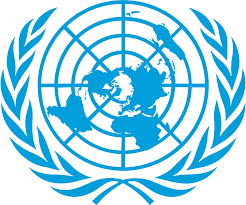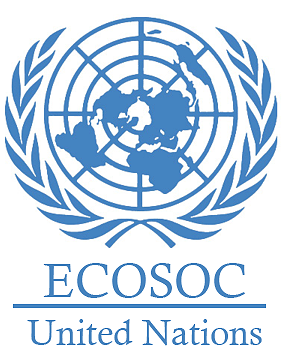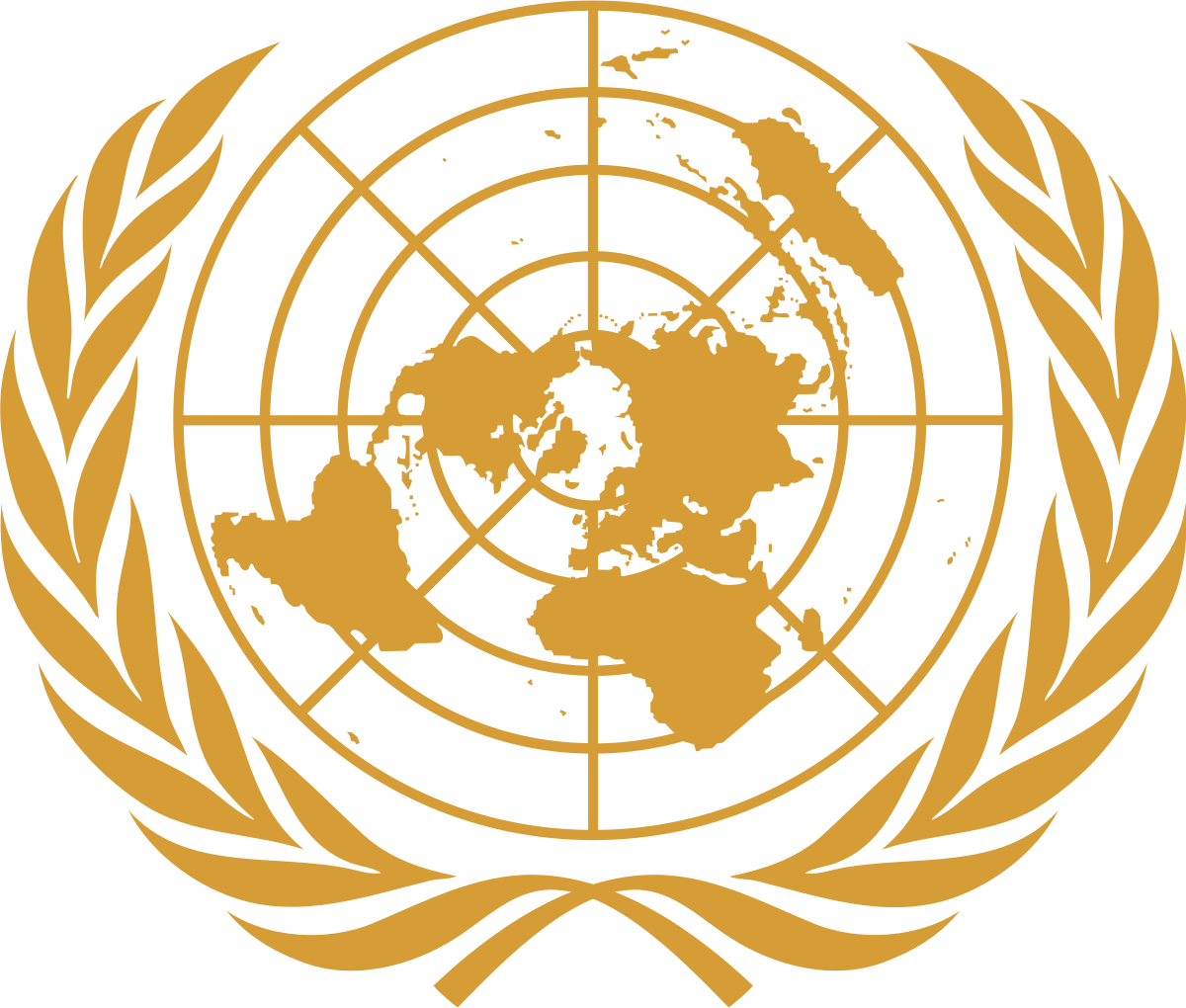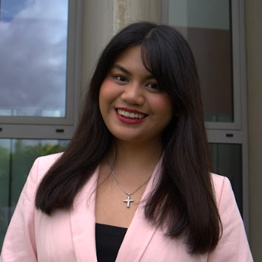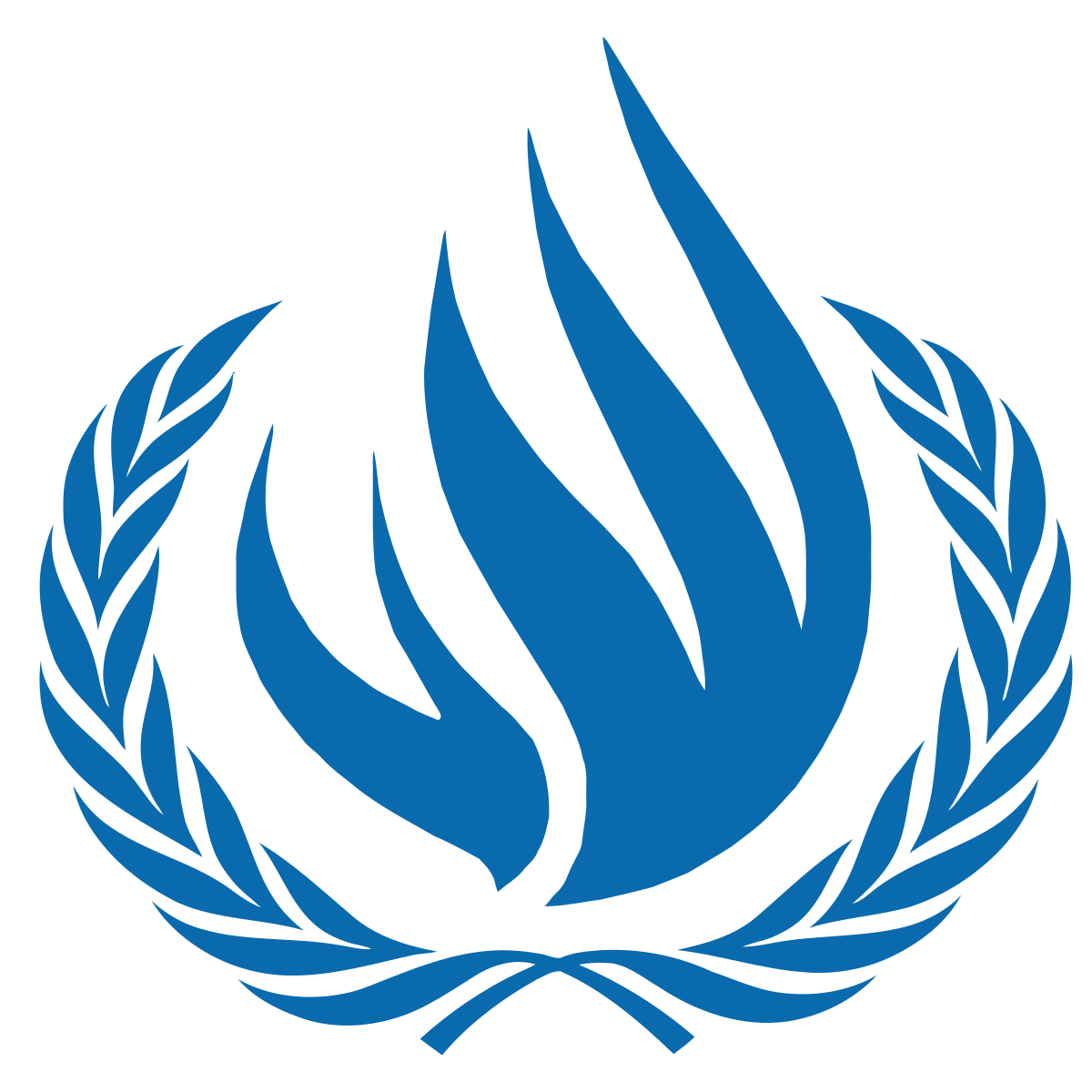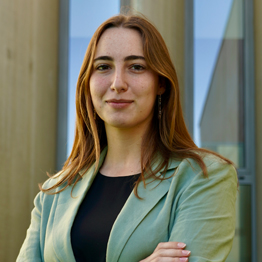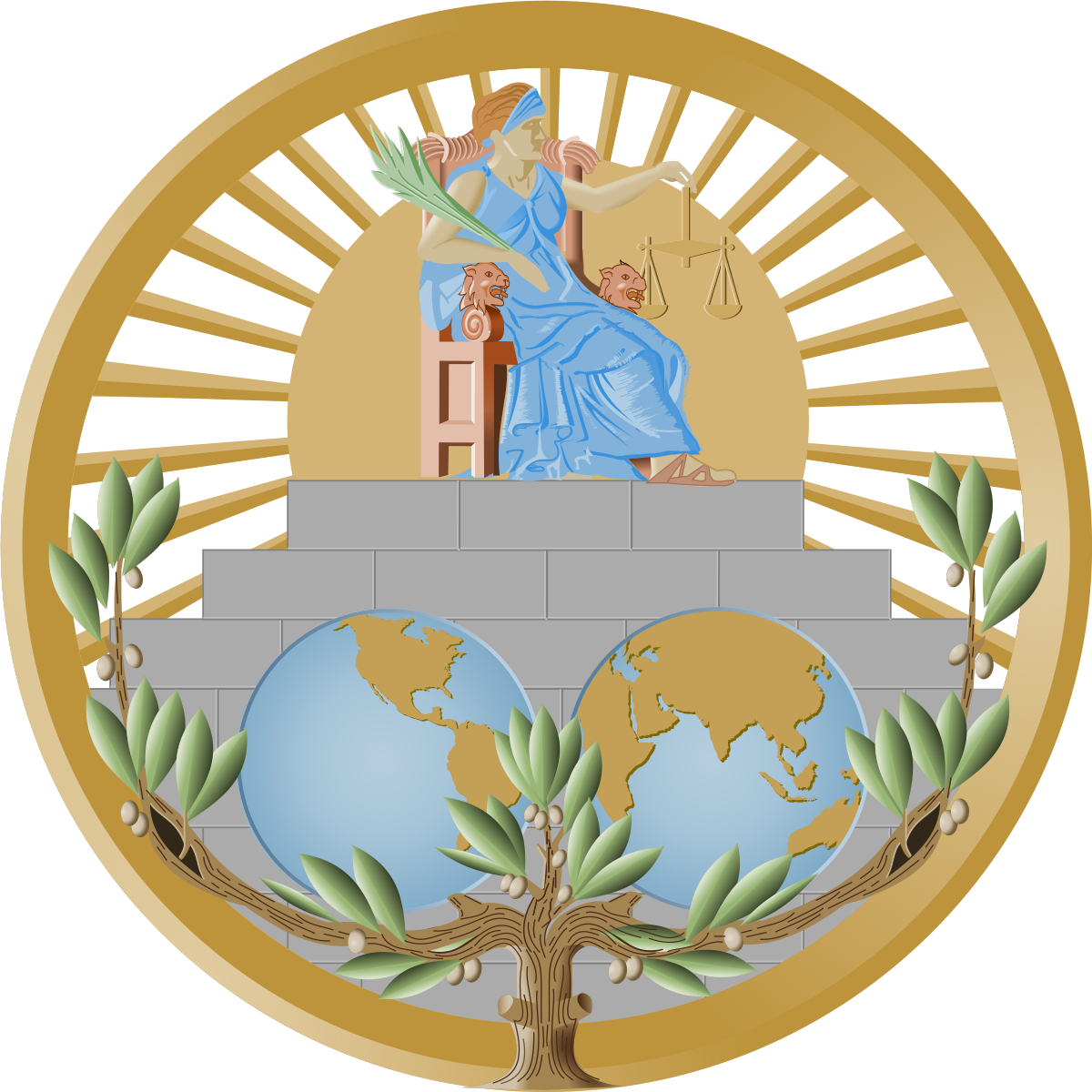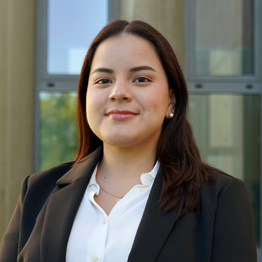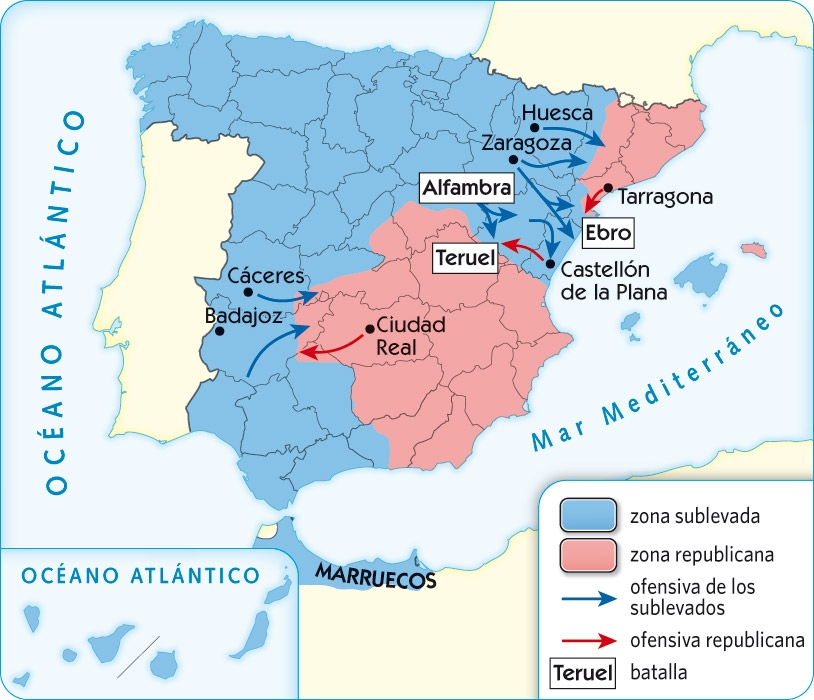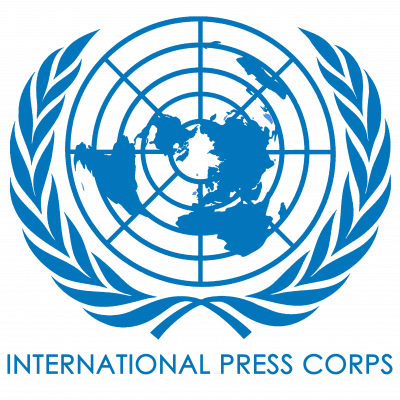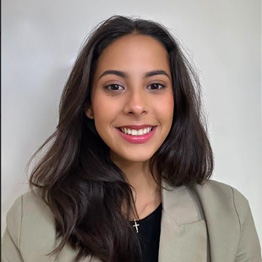COMMITTEES IN SPANISH
SPECIAL COMMITTEES
LEVEL: NOVICE
The General Assembly is the principal deliberative organ of the United Nations, composed of all member states. Its main function is to serve as a global forum for member countries to discuss and make decisions on a wide range of international issues.
More specifically, the General Assembly plays several important roles. First, it acts as a venue for the 193 Member States to express their various views and concerns on global, regional and national issues, providing a platform for the exchange of ideas and the presentation of diverse perspectives. In addition, the General Assembly participates in the adoption of resolutions and decisions that may cover areas such as peace and international security, sustainable development , human rights, and economic and cultural cooperation.
Topics
Restructuring of the global financial system to reflect the needs and growing influence of the global south
Ensuring food sovereignty and agricultural resilience in the face of climate change in the global south
Topics
Massive deportations and closed borders: The new U.S. diary and its impact on the stability of the continent
Promoting civil society participation in OAS processes and strengthening multilateral diplomacy.
LEVEL: INTERMEDIATE
The Organization of American States is the premier regional forum for dialogue, policy analysis and decision-making on Hemispheric issues. The OAS brings together leaders of the nations of the Americas to address regional issues and opportunities. Together, they seek to foster cooperation among states and advance a common regional diary on democratic governance, human rights, multidimensional security and sustainable development .
LEVEL: COMMITTEE JR
UNICEF (United Nations Children's Fund) is a UN agency created in 1946 and its goal is to protect the rights of children, promoting their welfare and development framework the United Nations goals.
Topics
Combating child work and economic exploitation of children and adolescents in Indonesia and Brazil
Ensure inclusion and protection of access to Education for children with disabilities.
Juan Sebastián Romero
Vice President
Elisa Castillo
administrative assistant
Topics
Addressing the Impact of External Debt and Austerity Policies on the Realization of Economic, Social, and Cultural Rights. Study case: Argentina
Ensuring Equitable Access to Digital Public Infrastructure and Emerging Technologies for Inclusive Sustainable Development
LEVEL: INTERMEDIATE
The Economic and Social Council (ECOSOC) is one of the six main organs of the United Nations, which was established in 1945 under the Charter of the United Nations. It has the responsibility of promoting international cooperation and development in economic and social grounds globally. With the organ being made up of 54 member states that are elected by the General Assembly for a rotating period of three years, the ECOSOC was a pivotal platform to address multifaceted challenges on the global scale, with the aim of achieving world peace and stability.
In order to successfully fulfill their mission of working for economic and social development, the ECOSOC works with non-governmental organizations (NGOs) to maintain a deep connection and knowledge of the reality and perspective of civil society. The essence of the ECOSOC cannot be exaggerated. It is the anchor of the United Nations' development structure, fostering the involvement of various specialized agencies, programs, and funding mechanisms in developing policies for the partner-economic challenges being addressed, and the monitoring of the advancement of member nations towards the implementation of the 2030 diary for Sustainable Development, which covers the achievement of the Sustainable Development Goals (SDGs), especially in marginalized and economically-challenged communities.
Meet your team
LEVEL: EXPERT
The United Nations Security Council (UNSC) stands as one of the six principal organs of the United Nations, uniquely entrusted with maintaining global peace and security. This committee plays a pivotal role in decision-making on matters ranging from armed conflicts and humanitarian crises to emerging threats in today's complex geopolitical landscape.
The UNSC's founding in 1945 was a direct response to the grueling lessons of World War II. Its formation, along with the broader United Nations, aimed to prevent future catastrophes by creating a forum for diplomatic dialogue and collective security. The inaugural session of the Security Council on January 17, 1946, marked a historic milestone in international diplomacy and international relations globally.
Topics
Evaluating Ceasefire Violations Along the Line of Control in Kashmir, and Ensuring the Protection of Civilians and the Mandate of UNMOGIP
Addressing Legacy of Nuclear Testing in French Polynesia and the Marshall Islands, and Ensuring Comprehensive Remediation and Justice for Affected Communities
Meet your team
Livia Colantino
Secretary
Topics
Upholding the Principle of Non-Refoulement and Ensuring Durable Solutions for Syrian Refugees in the Aftermath of the Regime Change
Protecting Human Rights in Armed Conflicts Addressing violations of international humanitarian law in Sudan
LEVEL: NOVICE
One of the main international initiatives to safeguard, advance, and promote human rights is the United Nations Human Rights Council (UNHRC). The UNHRC, which was established on March 15, 2006, to replace the United Nations Commission on Human Rights, is a key international organization tasked with addressing breaches of human rights, facilitating dialogue, and developing recommendations to protect equality and human dignity for everyone. The UNHRC is made up of 47 member states that were chosen by the UN General Assembly using a procedure that aims for equitable geographical representation. Members can be re-elected after finishing their three-year tenure. By ensuring a variety of viewpoints and a fair representation of the world's regions, this composition strives to increase the legitimacy and efficiency of the council.
The United Nations Human Rights Council is a crucial international organization committed to promoting the fundamental ideals of justice, equality, and human dignity. The council works to promote a society where human rights are respected, safeguarded, and defended for all people, regardless of their background or circumstances, through its numerous procedures, conversations, and recommendations. Despite ongoing obstacles, the council's dedication to these principles is still a glimmer of hope for those who want to see a more fair and compassionate society.
Meet your team
LEVEL: INTERMEDIATE
Founded in 1948, WHO is the United Nations agency that connects nations, partners and people to promote health, keep the world safe and serve the vulnerable - so everyone, everywhere can attain the highest level of health.
WHO leads global efforts to expand universal health coverage. We direct and coordinate the world's response to health emergencies. And we promote healthier lives - from pregnancy care through old age. Our Triple Billion targets outline an ambitious plan for the world to achieve good health for all using science-based policies and Programs.
Topics
Strengthening Research & Development (R&D) capabilities, and promoting equitable technology transfer for health in least developed countries (LDC)
Combating antimicrobial resistance (AMR) in Southeast Asia (the One Health Approach to preserve essential medicines).
Meet your team
Topics
Towards a more equitable global order: Addressing disparities and fostering inclusive growth in the global south.
LEVEL: INTERMEDIATE
The G20 is the main forum for international economic cooperation, bringing together the 19 largest economies and the European Union, representing nearly 80% of the world's GDP and two thirds of the world's population. Its goal is the coordination of policies to achieve economic stability, sustainable growth and crisis prevention, although the diary also includes other topics such as trade, sustainable development and the environment.
Meet your team
Valentina Cornejo
Secretary
LEVEL: COMMITTEE JR
The United Nations Office on Drugs and Crime (UNODC) is a United Nations body established in 1997. Its mission is to help create a world safer from drugs, organized crime, corruption, and terrorism. It does this by assisting Member States in their efforts to fight these threats.
Meet your team
Katrina Galeos
President
Akos Angyal
Co-chair
Grecia Aguila
Secretary
LEVEL: EXPERT
Conceived specifically as an organ destined to resolve disputes between States that accept its jurisdiction (either through the signature of its Statute or through other methods such as compromise, forum prorogatum, etc.), the ICJ's jurisprudence has come to form an important source of International Public Law, as well established in article 38 of its Statute.
Beyond the famous Lotus case decided by its predecessor in 1927, the International Court has issued judgments both in contentious proceedings, binding the parties to the trial (such as the Nicaragua case in 1986 or Nottebohm in 1955) and in advisory proceedings (The Palestinian Wall in 2004 or Nuclear Weapons in 1996), which, despite their obvious limitations (focusing only on States, limited jurisdiction, impossibility of enforcing judgments by force) continue to be widely cited in all international law rule .
With 15 judges elected by both the General Assembly and the committee Security Council, judging or considering a case before the ICJ means being before the most prestigious court in the world, which only judges after passing strict admissibility criteria, and whose rulings are closely followed by the entire world.
Topics
Implementation of the Convention on the Prevention and Punishment of the Crime of Genocide in Sudan (Sudan v. United Arab Emirates)
Alleged smuggling of migrants (Lithuania v. Belarus)
Francisco Jeldres
Secretary
LEVEL: EXPERT
The crisis committee is a special modality of the United Nations model that is distinguished from the rest of the committees by an important particularity: the urgency that characterizes the topic to be dealt with. In modality of crisis, we observe changes both to the parliamentary procedure , which is considerably expedited, as well as to the capacity of the delegates to impact the resolution of the conflict. In crises, it is not only the value of words that matters, but also that they are backed up by actions.
This year, the historical crisis committee will deal with the Spanish Civil War. Over the course of three days, delegates will represent various sides and their interests in the conflict that devastated the Iberian Peninsula in the second half of the 1930s. At stake will be the power to rewrite the country's future; not only a potentially different outcome to the civil war, but also how Spain would fit on the chessboard of international politics shortly before the outbreak of World War II.
CAMERA A
CHAMBER B
BACKROOM
The Press Corps offers delegates a unique opportunity to gain experience internship by reporting on the proceedings of committee and producing breaking news and feature stories. In this role, each delegate will assume the identity of a different media outlet, such as the BBC, the New York Times or Al Jazeera. Their task will be to convey the perspectives and viewpoints of their respective publications. Using a variety of tools, including social media, delegates will disseminate their journalistic work to the general public.
Over the course of the weekend, delegates will conduct a journalistic work to develop articles that will become part of the UNMUN press, representing the critical role of the media in documenting and shaping the news as we understand it today. As journalists, they will be held to rigorous standards of professionalism and serve as a vital bridge between those in positions of authority and the general public. In the case of press conferences, delegates will be challenged to formulate relevant and concise questions for the participants of committee, contributing to the creation of well-informed reports.


